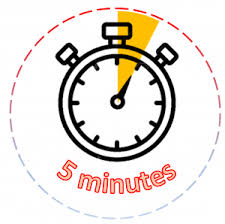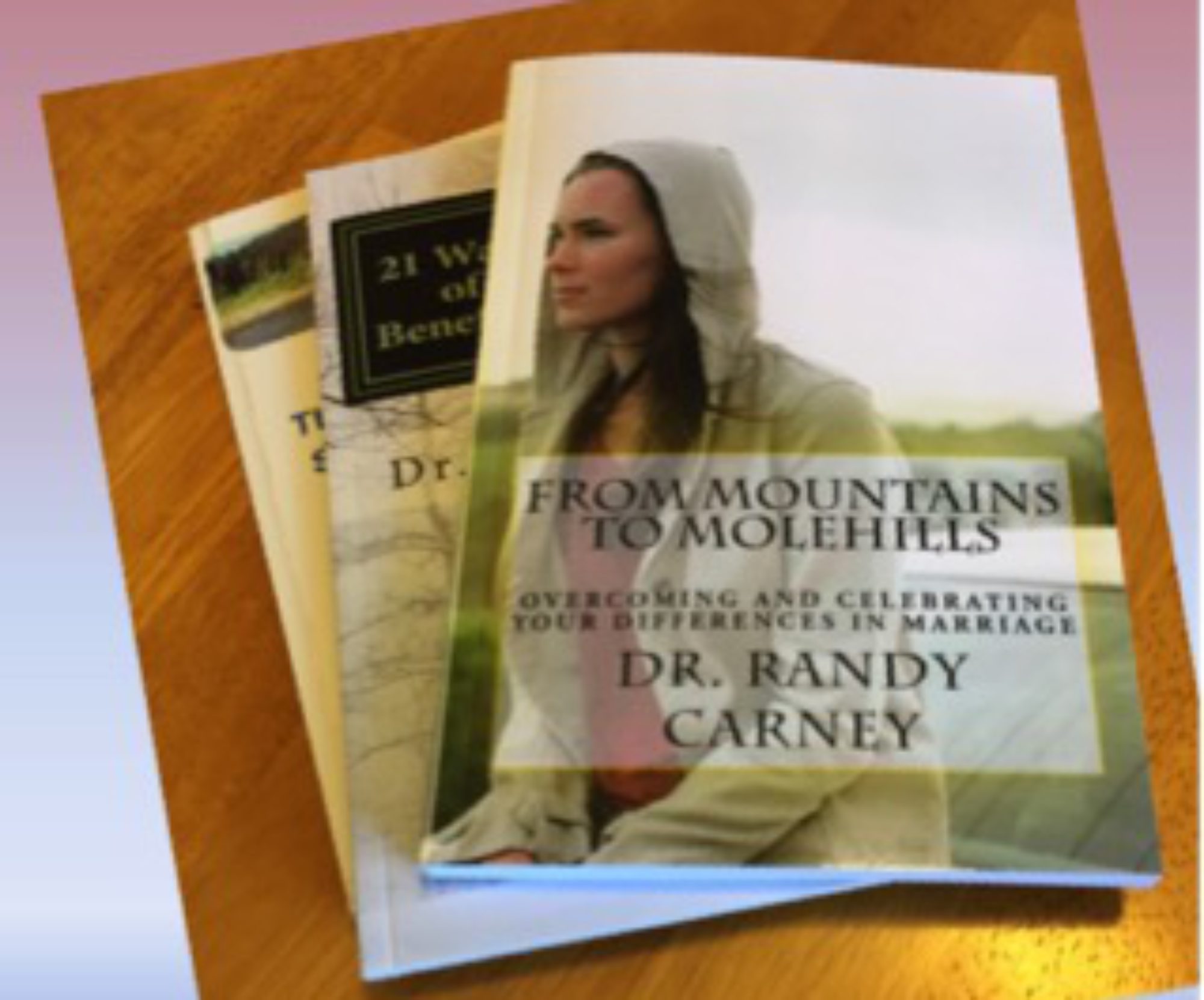How to Get through writer’s block: seven actions to overcome this malady.
Welcome to another blog post, where I talk about writing, speaking, coaching, marketing, and marriage. Today I’m speaking about writing again – specifically, how to get through writer’s block.
Well, if you want to get through writer’s block, just keep reading. I’ll give you some tips for some ways to overcome that.
Overview of Overcoming Writer’s Block
Look at your plan.
Then, I will talk about writing a different section.
Write two pages of a list of reasons.
Ask yourself some questions.
Set a timer.
Do some free writing or fast writing on an unrelated topic. Take a break. (Just make sure your break is not days long.)
Look at Your Plan
So first of all, look at your plan. Is it just a word or two?
I actually am making an outline for myself. I don’t like to go beyond just the second level. In that case, you’d have your Roman numerals that would be your main points and then you would have just one below that which some people outline with letters others do Arabic numbers.

I do Arabic numbers because it’s easier to think of a list of numbers than it is a list of letters.
But anyway, some people go then beyond that with various points below the Roman numeral part and then the first part after that, and then a list of sub-points down below that, and then sub-points below the sub-points for you use whatever works for you what is best for you.
If you have writer’s block, you might not have gone down far enough. If you’re like me and you just like to go down maybe one level, this may be the time when you would want to go in and include some more sub-points.
I’ll give you some ways of doing that.
Go to a Different Part
Another idea for overcoming dreaded writer’s block is to just go to a different section of your book.
Now if you’re writing fiction, you might not have it planned out that far, but there are ways to do that with fiction, where you can derive any section that you want to write.
Sometimes that will help you if you’re not as excited about a certain chapter but you might be more excited about a later chapter.

Now if you’re doing nonfiction, if you plan your book out correctly, you should be able to go to a different chapter or a different section within a chapter, and sometimes that will help you.
You get the momentum going and then go back to the part that you had been dreading.
List Reasons Why is Your Project Important
The third one works especially well if you’re doing nonfiction. Get two pieces of scratch paper and just as quickly as you can, start listing a bunch of reasons why what you’re writing about is important.
Try to come up with two pages of reasons. Once you have come up with two pages of reasons, then you can go back through and pick out some of those and you’ll think, “Oh, I should have had those in my chapter anyway.”
Then go back through your chapters and put some of those ideas in.
Now you have also “primed the pump” by doing this.
Ask Yourself Questions
Here’s another very valuable one: simply ask yourself some questions.
In my book “How to Write a Book in 28 Days or Less Without Stressing Yourself to Death,” I show you a way that you can plan out your whole book around just a list of questions.

If you have done it that way, then all you have to do is look at the question and answer the question. Then I talk about some ways that you can have some things that help you even get started with that.
If you are at a little bit of an impasse, then ask yourself a question. If you have written an outline or even if you just. phrases, go to those and turn them around and make them questions, and then just answer the questions.
Oftentimes this will get you going where you can get on through writer’s block.
Write Quickly
Now some of us have different personalities. You may be someone who is fine with going through and writing something and doing your editing later.
Maybe you are more comfortable with perfecting your paragraphs as you go along. That’s okay if that’s your personality unless it hinders you from getting your book done.
If that’s you, and that’s what’s causing your writer’s block, then consider just forcing yourself to go through it in a non-perfectionist way and just force yourself to write something.

You may say, “Well, it’s not any good.” Force yourself to go ahead and write anyway.
Then you can go back and edit it later.
Set a Timer
Something that can help you to force yourself to write is to set a timer. It can be just a simple kitchen timer.
Set your timer and then write just as quickly as you can. Just force yourself to write as quickly as you can. Then when the timer goes off you can go back and edit and polish what you wrote and get it just how you want it to be.
This technique, where you go write as quickly as you can for a certain amount of time, is called free writing.
Craftspeople like carpenters and plumbers do their tasks very, quickly, and very well because they have such experience doing it.
Write on A Different Topic
Another technique, which also involves fast writing, is to write about a topic that is unrelated to your main project. Just think of something to write about.

If you’re using the timer, I would recommend setting it for five minutes. Then sit and write for five minutes on an unrelated topic.
When you get through you may find that you have overcome writer’s block because now you have been able to write something.
Then you can go back to the original topic of your book or chapter. Then just go ahead and write some of that.
Take a Break
Or maybe it’s time to take a break. Oftentimes when you come back after the break, you’ll be ready to write.
I just want to caution you to make sure that break is not one or two days long.
But sometimes it’s good to take a break and then come back to your writing.

I hope these tips have been helpful to you. If you’d like more tips, please go to www.randysblogs.com.
If you’re interested in having me speak at an event, go to www.randycarney.com. You’ll find some information there, along with a contact form for you to complete.
There is also the book I mentioned earlier “How to Write a Book in 28 Days or Less Without Stressing Yourself to Death.”
I hope you have a great day and a wonderful week.
I’ll talk to you again. This is Randy Carney reminding you, YOU CAN WRITE A BOOK!

